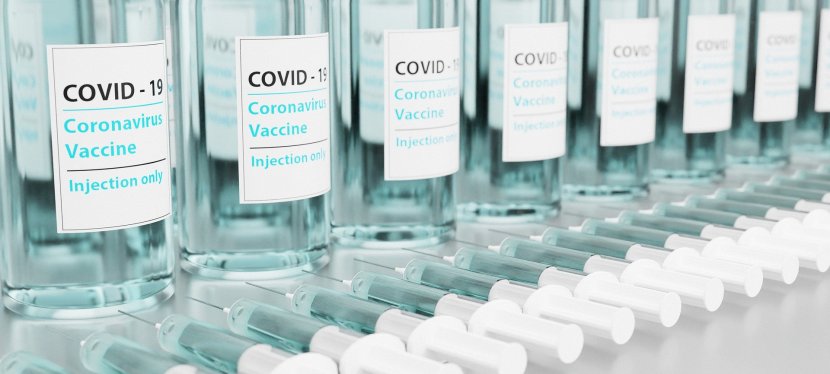Today, the U.S. State Department issued its 2021 Trafficking in Persons Report. The annual report is a critical tool to monitor and assess efforts to eliminate human trafficking. As investors, we expect companies, in the course of their human rights due diligence, to act based on the report’s identification of salient risks to people in their operations and supply chain.
“We document 11 countries where the government itself is the trafficker. For example, through forced labor on public works projects or in sectors of the economy that the government feels are particularly important,” Secretary of State Antony Blinken said during a news conference. Those countries include: Afghanistan, Burma, China, Cuba, Eritrea, North Korea, Iran, Russia, South Sudan, Syria, and Turkmenistan.
acting Director of the Office to Monitor and Combat Trafficking in Persons Kari Johnstone
I’d highlight a few things from this year’s report:
- For the first time, the report draws a link with systemic racism in the United States and abroad, connecting discriminatory policies to the perpetuation of human trafficking. “If we’re serious about ending trafficking in persons, we must also work to combat systemic racism, sexism and other forms of discrimination,” Blinken said.
- The report underscores the pandemic’s effect on trafficking. Women and children were severely affected by the pandemic, according to the report, along with those facing food and economic insecurity.
- The chapter concerning the United States recognizes a shortcoming here at home: “There was a continued lack of progress and sustained effort to comprehensively address labor trafficking in the United States.”
The report categorizes countries of the world with regard to their adherence to the standards of the Trafficking Victims Protection Act (TVPA) of 2000. Each country is tiered according to compliance:
- Tier 1 (those governments who fully comply with the TVPA’s minimum standards)
- Tier 2 (while not fully complying, governments with significant efforts to bring themselves into compliance with those standards)
- Tier 2 watch list (not fully complying along with a significant absolute number of trafficking victims, or a failure to increase efforts, or a determination that the country is in fact committed to making significant progress in the coming year)
- Tier 3 (those governments who do not fully comply with the minimum standards and are not making significant efforts to do so)
- Special cases (countries where a civil or humanitarian crisis makes gaining information difficult).
Remember that tier 1, which includes the United States, is simply compliance with the minimum standards. A tier 3 designation means that the U.S. can restrict assistance or withdraw support for the country at global funding organizations like the International Monetary Fund. This year, the State Department downgraded Malaysia and Guinea-Bissau to Tier 3.

The report intends to offer “homework” to governments based on their tier. The image above lists the countries of the tier 2 watch list, tier 3, and special case categories. The report includes a country by country analysis of human trafficking.
To read about a previous year’s TIP Report, please see the 2020 edition here and the 2019 here.











